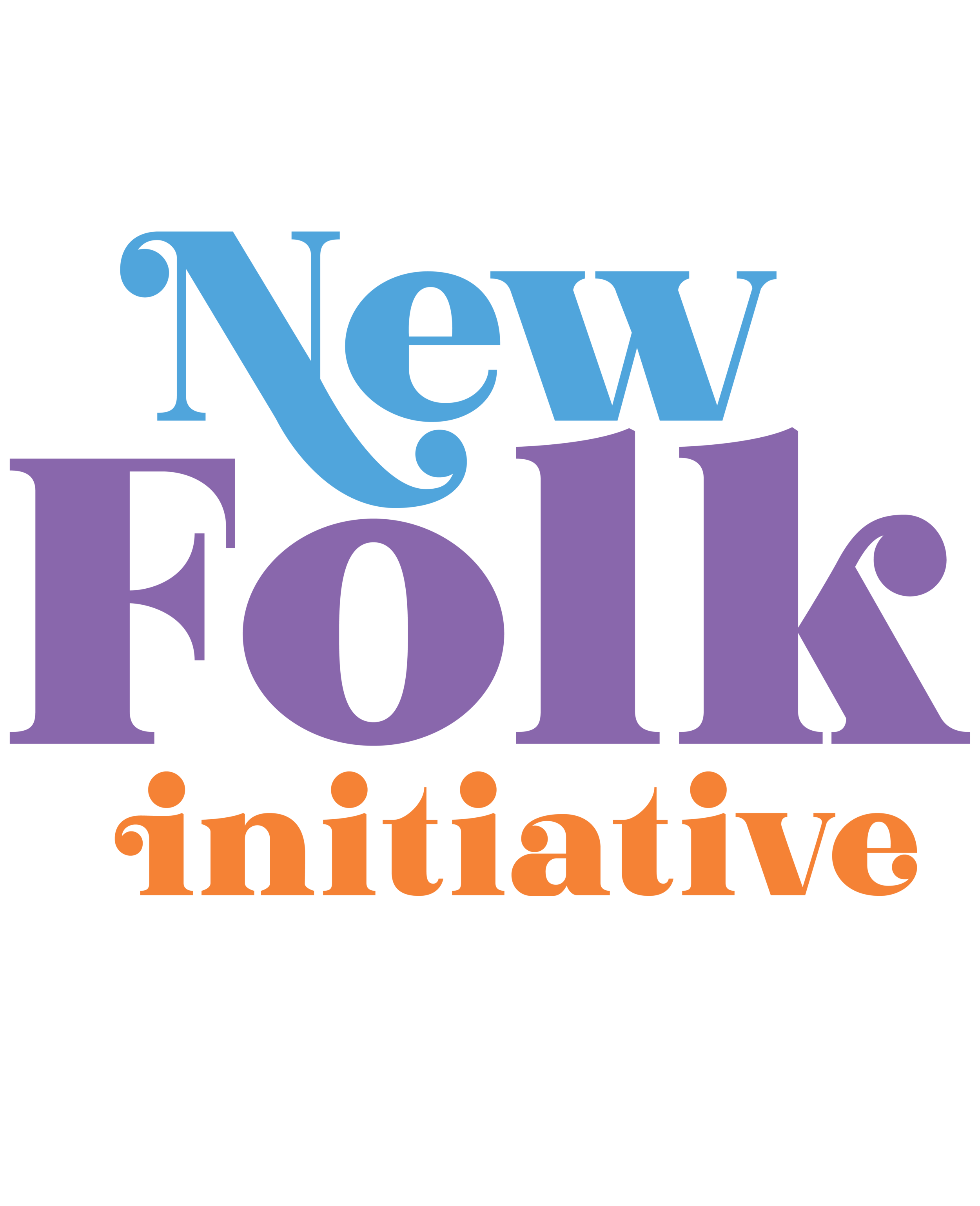Review: Our Native Daughters
One of the most memorable albums of the year is the creative collaboration between Rhiannon Giddens, Amythyst Kiah, Leyla McCalla, and Allison Russell called Songs of Our Native Daughters on Smithsonian Folkways recordings. It’s not about to replace Crosby, Stills, Nash, and Young in the popular imagination, but it opens our musical and racial consciousness in a timely way. They’ve just launched their first ever live tour, a mere six-day affair, culminating at the Newport Folk Festival. I had the good fortune to see them in their debut at the Levitt Pavilion in Westport, CT on Tuesday night.
Our Native Daughters was the brainchild of Rhiannon Giddens, who’d worked with producer Dirk Powell on her Freedom Highway album. Some of the songs on it, like “At the Purchaser’s Option” and “Following the North Star,” inspired her to explore further African-American women’s stories of struggle, resistance, and hope. With her Grammy-winning clout, she was able to enlist three other women of color proficient on the banjo and other string band instruments for ten days with Powell in his studio in Lafayette, LA, and Songs of Our Native Daughters was born.
Giddens knew McCalla as a fellow member of the groundbreaking string band, The Carolina Chocolate Drops, and the Canadian-born Russell as a protégé breaking the color barriers in folk music through her work with Po’ Girls and Birds of Chicago. Kiah, a few years younger and hailing from Tennessee, has established herself as strong voice in American roots music.
Despite Giddens’ galvanizing stage presence in her solo shows, in live concert Our Native Daughters was not just the Rhiannon Giddens Show. All four had turns at the mike to make introductions and lead songs. Although all four play the banjo, the group isn’t limited to the string band tradition, with McCalla playing cello and Russell clarinet. And with a trio of backing musicians, including Giddens’ partner in life and music, Francesco Turisi, on keyboards, there’s definitely a contemporary edge to the music. Moreover, with McCalla’s Haitian heritage and Russell’s Grenadian DNA, the multicultural influences go beyond American roots to the Caribbean and ultimately to Africa.
What the four women bring are strong voices and rhythm, a sisterhood focused on empowering women, and a resilience in the face of oppression. “These are stories that need to be told,” Rhiannon suggests. Some of the stage patter wanders a bit, but always with good humor, and the music itself is rock solid. After the encore, Rhiannon expresses the hope for kindness, a benediction to carry with us. . I hope there will be a video sometime to document what they’ve accomplished. I hope there will be a video sometime to document what they’ve accomplished.
